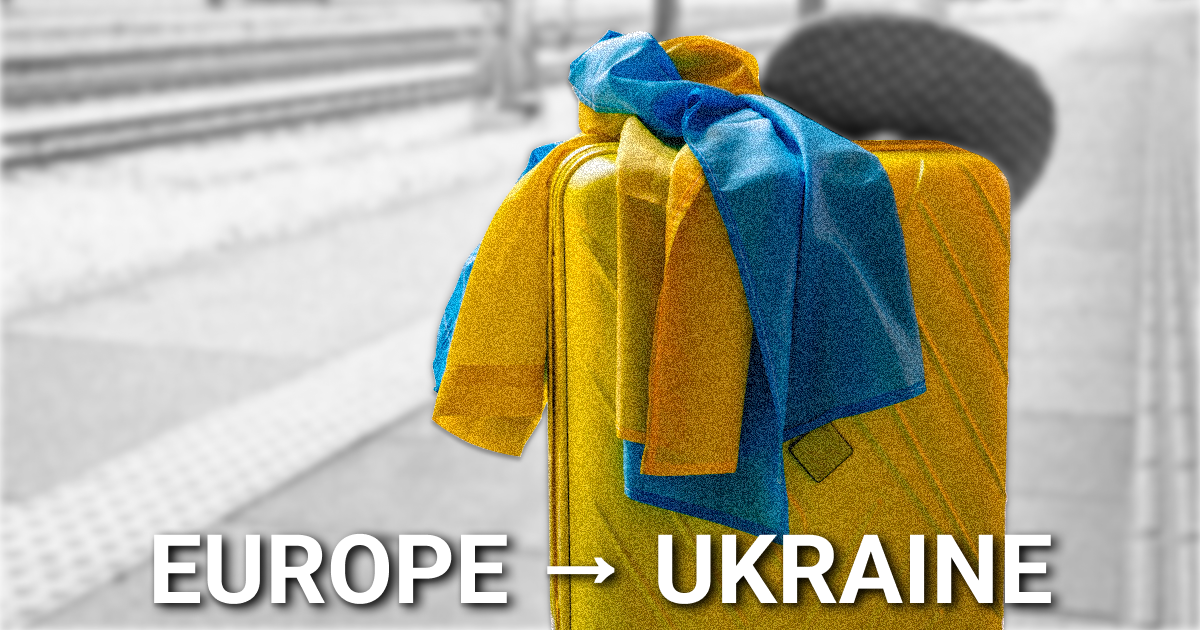Ukrainian citizens, who were forced to go abroad due to Russian military aggression, have maintained a keen interest in following the news about Ukraine and plan to return home as soon as they feel it is safe for them and their children to do so. This is evidenced by the results of OPORA’s most recent survey
Ukrainian authorities and civil society should give priority to working with our compatriots abroad because they remain an integral part of political community of Ukraine. They are the advocates of Ukraine in their local communities and the potential allies of Ukrainian diplomacy.
Two-thirds of respondents expressed their intent to come back to Ukraine, of which only 35% are planning to return home immediately after the end of the war. The key factors that influence immigrants’ intentions to return to Ukraine are: emotional connection with the Motherland and security in the home region (43% each), reunification with family and employment opportunities in Ukraine (38% each).
Young respondents (aged 18-35) attach great importance to job opportunities in Ukraine (45%), while middle-aged (36–50) and older respondents (51+) prioritize security in their home region. The level of healthcare and education services as well as social standing are of little importance to all age groups.
Therefore, emotional factors have the upper hand over rational reasoning in the decision-making process. However, there is also an evident trend that the respondents who are better adapted to new conditions in receiving country tend to be less excited at the prospect of returning to Ukraine.
Ukrainian immigrants are divided on the possibility of influencing the Ukrainian politics from abroad: 43% of respondents think they can do it remotely, while 46% don’t see the way to do it. The most commonly mentioned ways of influencing the Ukrainian politics are: signing of petitions, participation in rallies, dissemination of information about the war, conduct of educational activities with the aim of raising public awareness of Ukrainian history and culture in receiving country. Assistance to the Armed Forces of Ukraine, volunteering and fundraising activities in receiving country are also frequently named as tools for influencing power and policy.
In particular, 80% of respondents donate money to the Armed Forces of Ukraine, 76% help their relatives and acquaintances in Ukraine, and 69% spread information about Ukraine. Although the majority of respondents don’t see the way to influence Ukrainian politics, they continue following the political events in Ukraine on a regular basis and discuss political matters with their relatives more often than they talk about family and routine matters
Only 16% of the respondents believe that the elections should be held immediately after the abolition of martial law. 70% think it’s necessary to wait for a while: 3-6 months (28%), about a year (30%) or even several years (13%). As one respondent in Great Britain put it, “voting at the polling station would symbolize restoration of peace in our country”.
